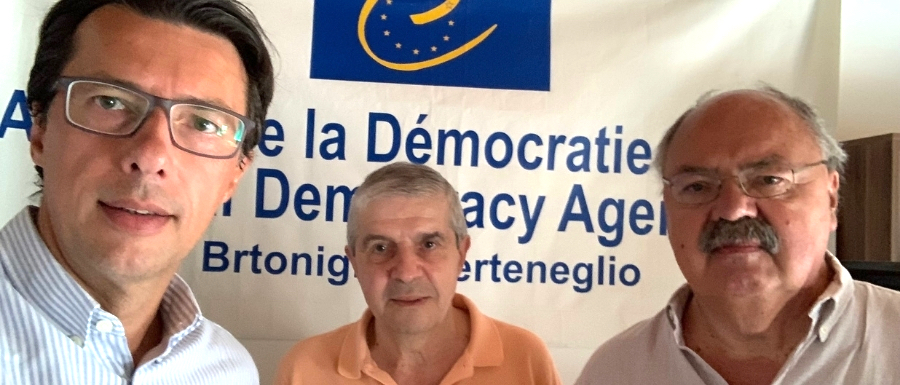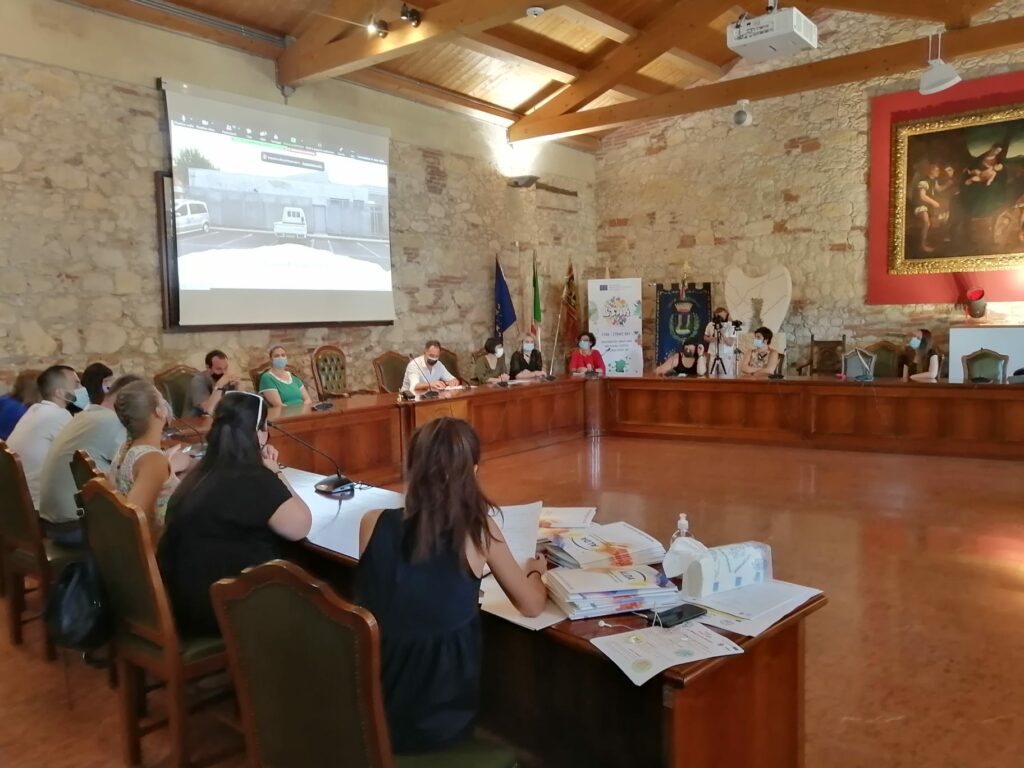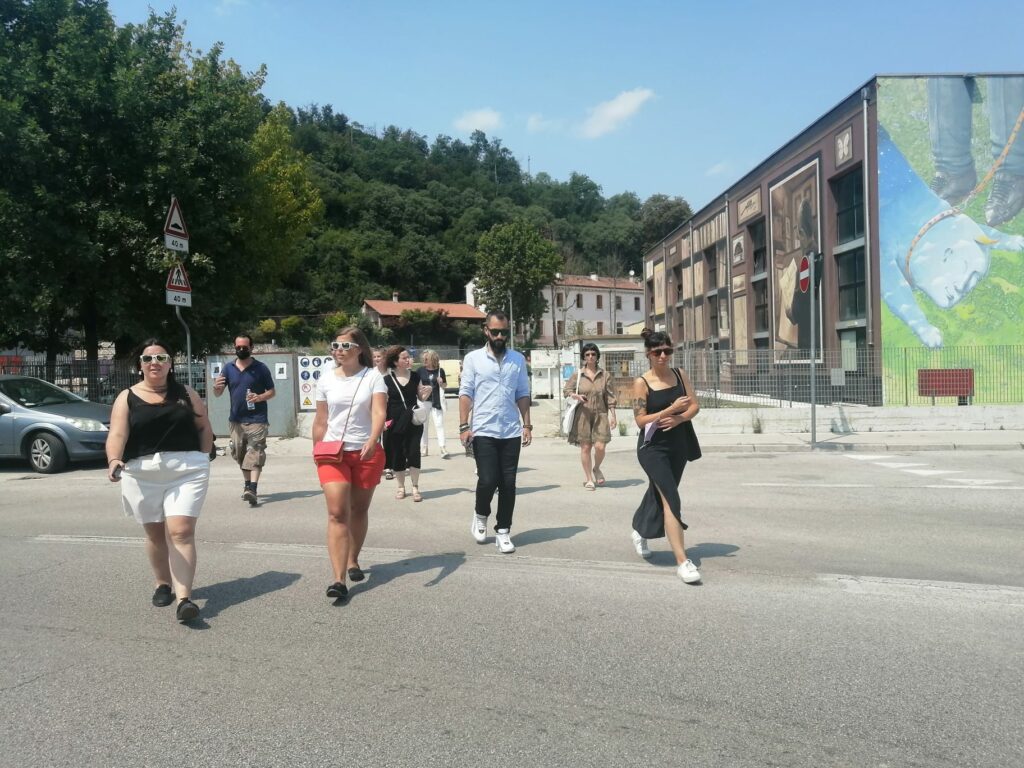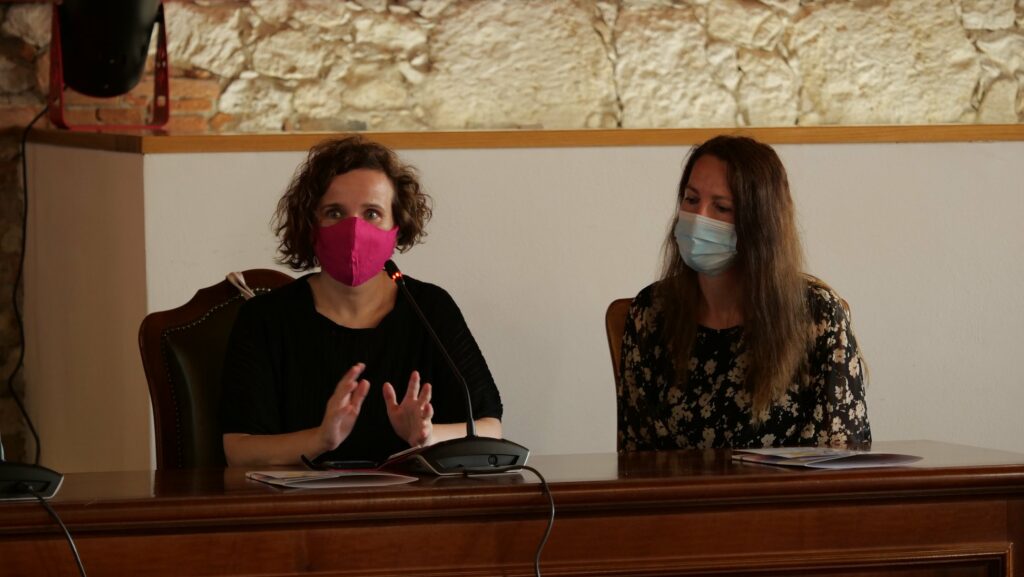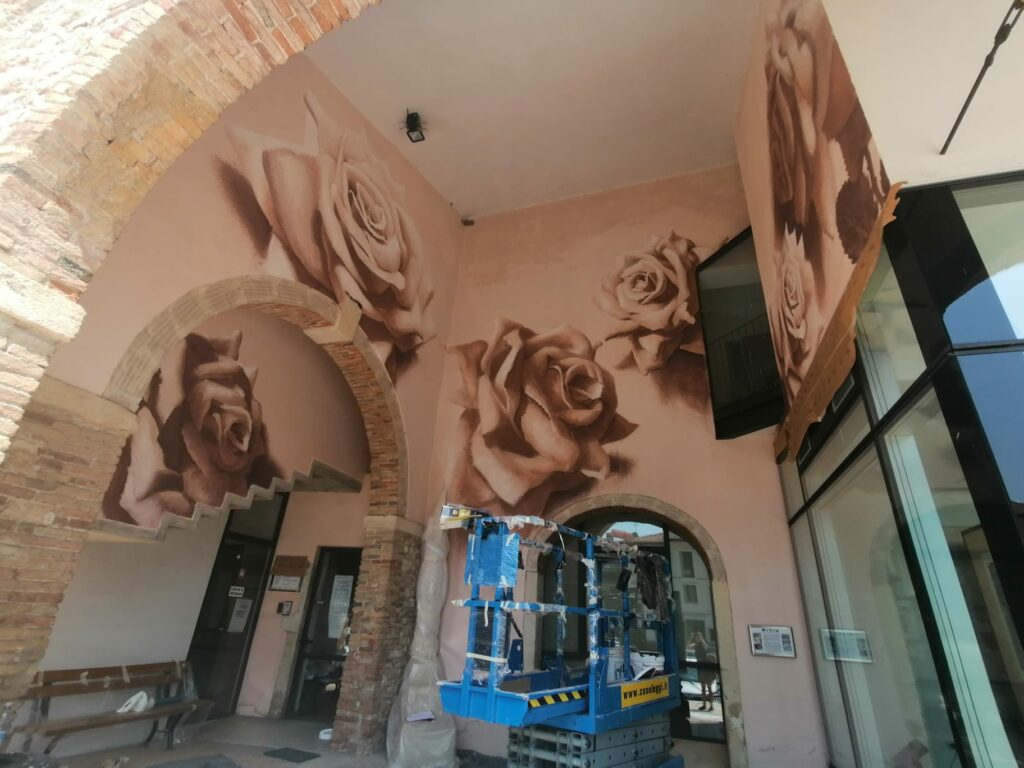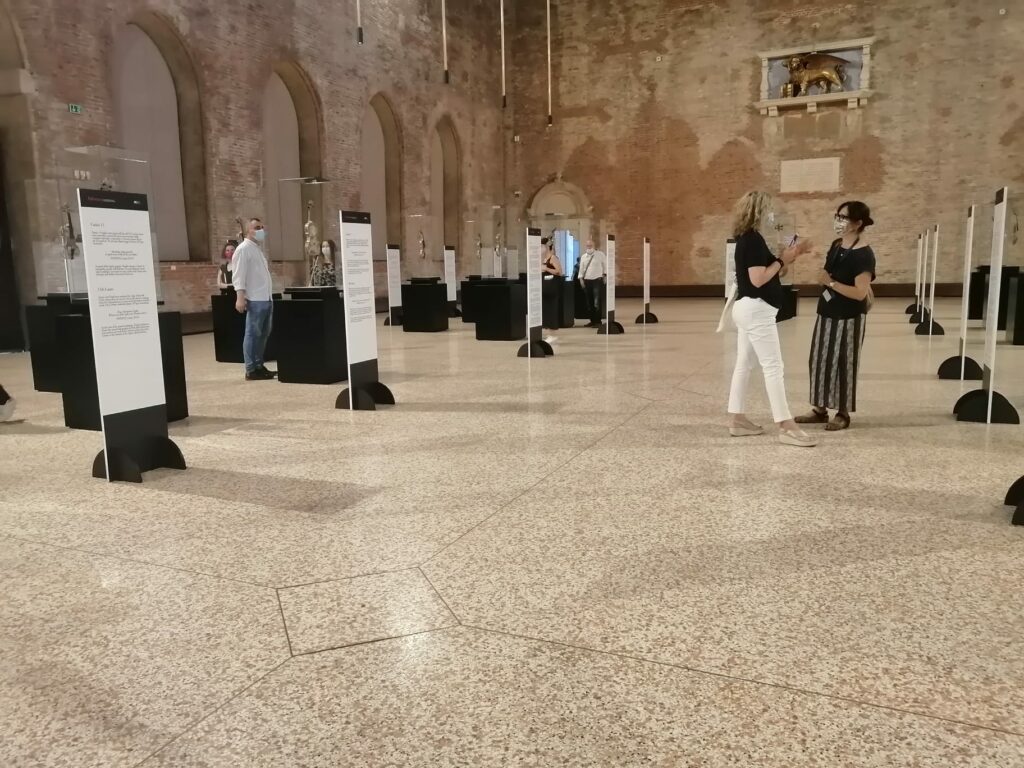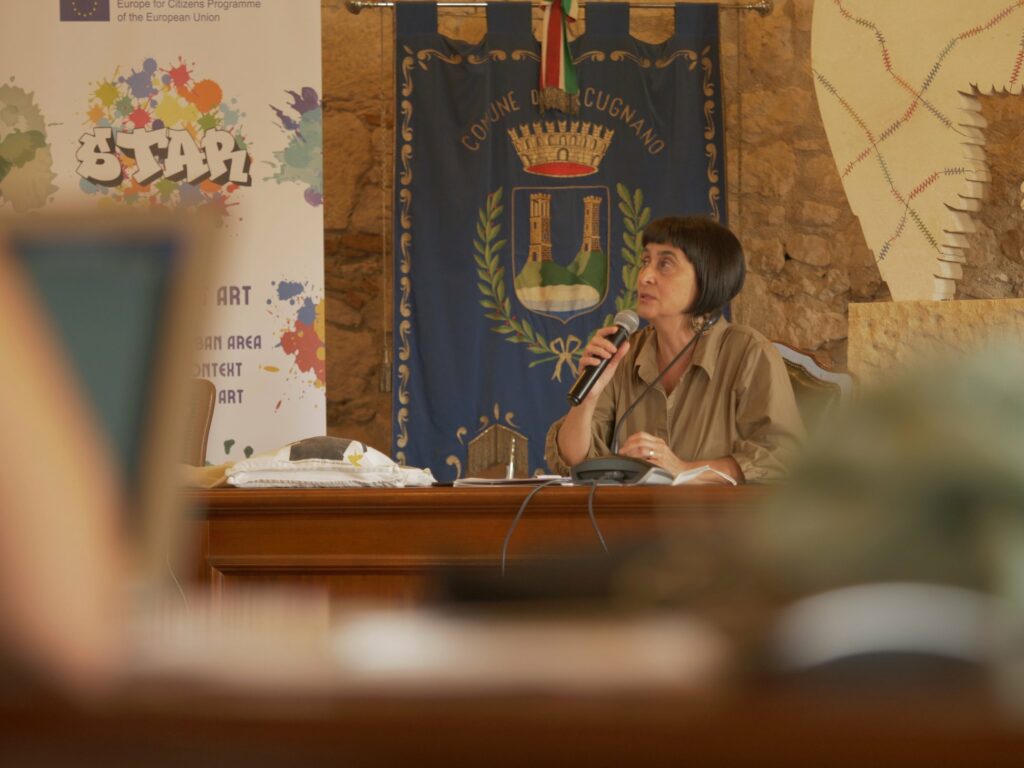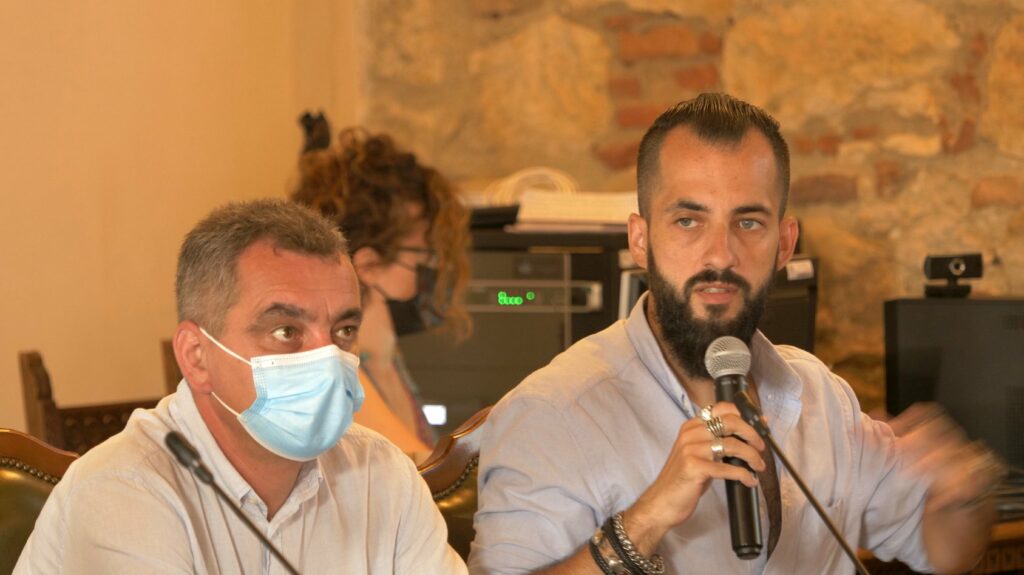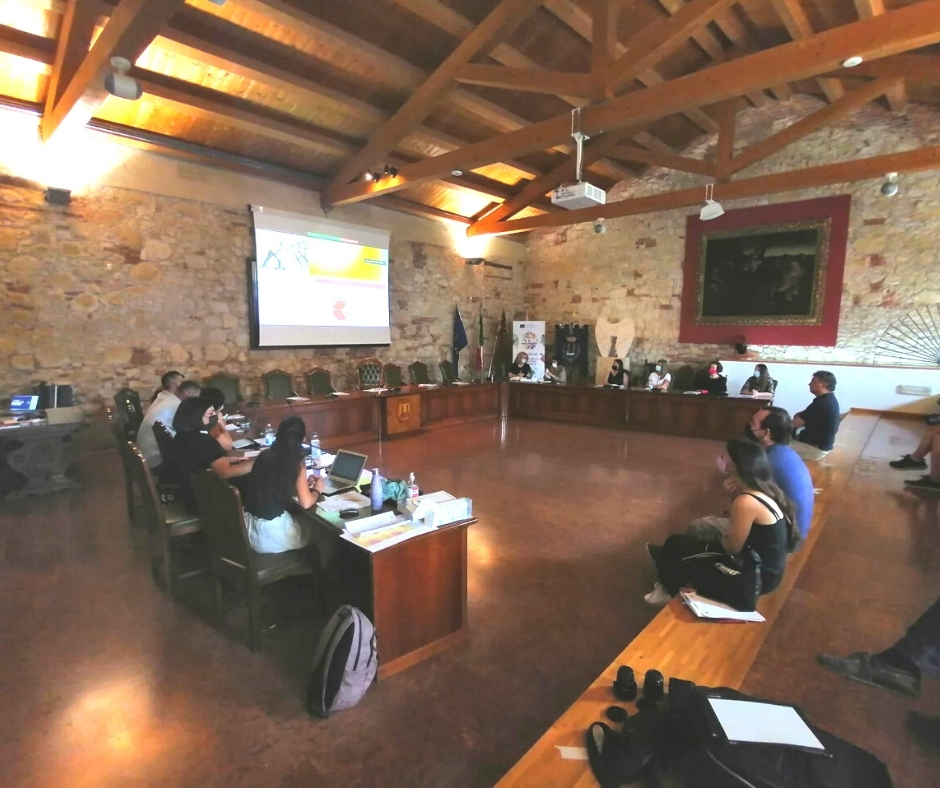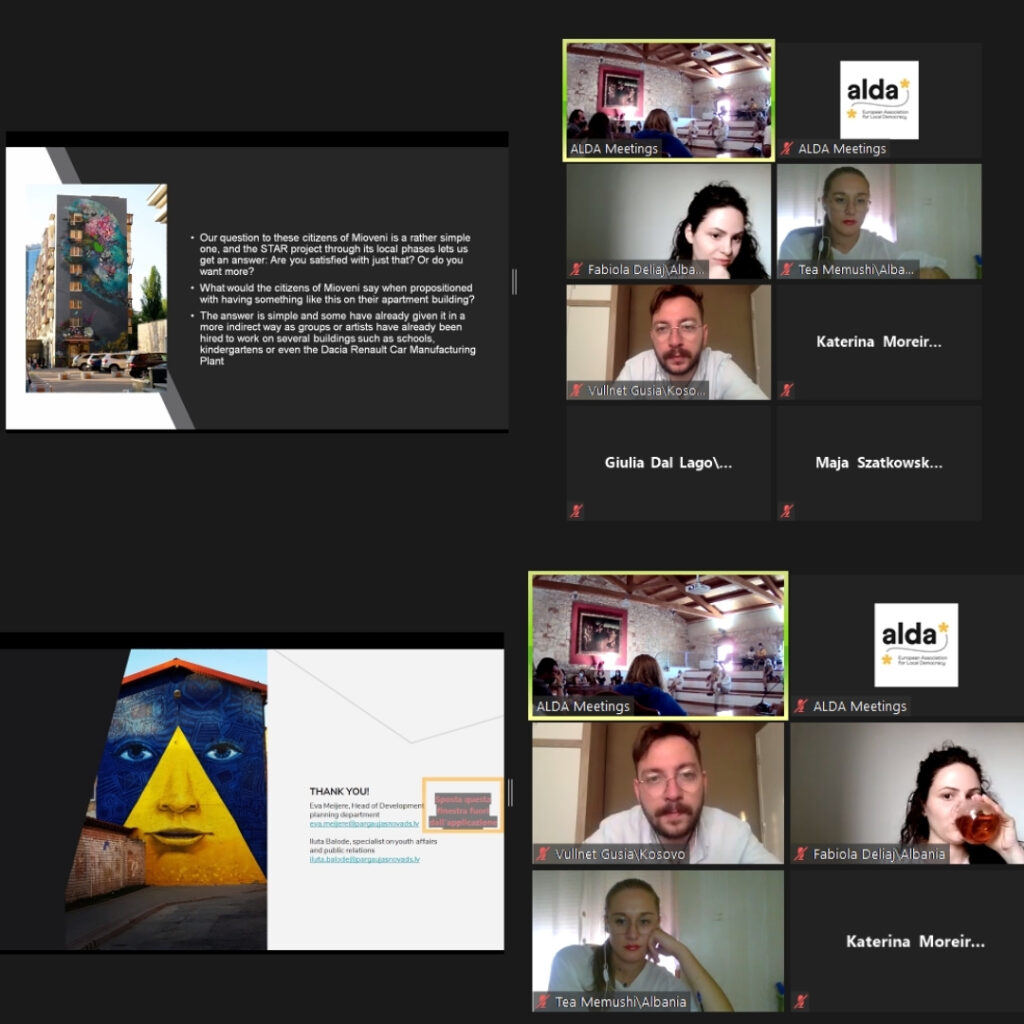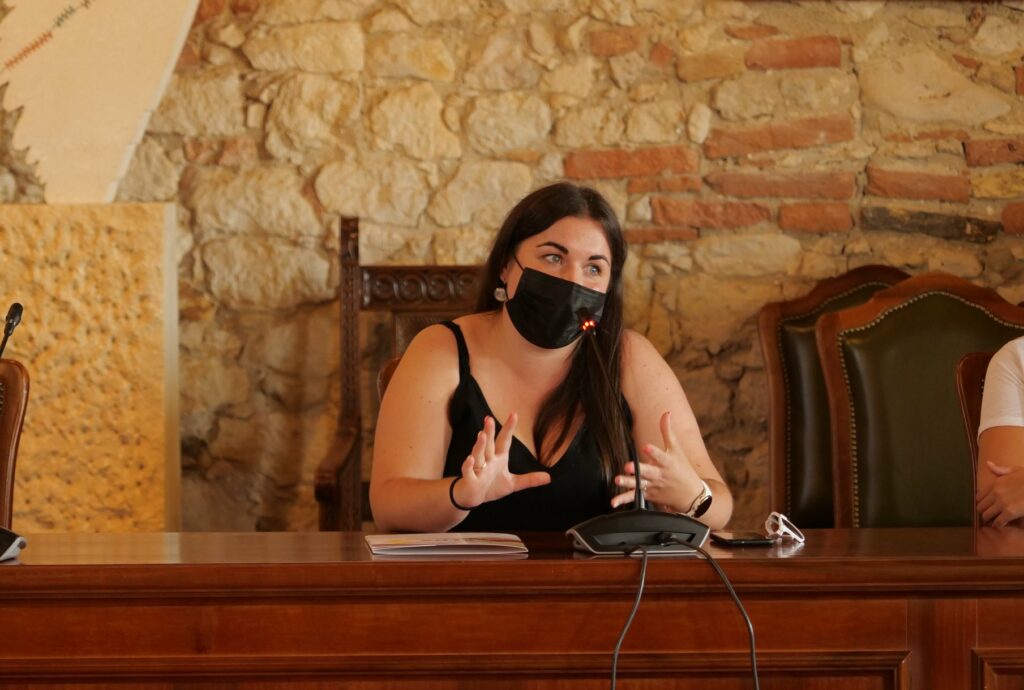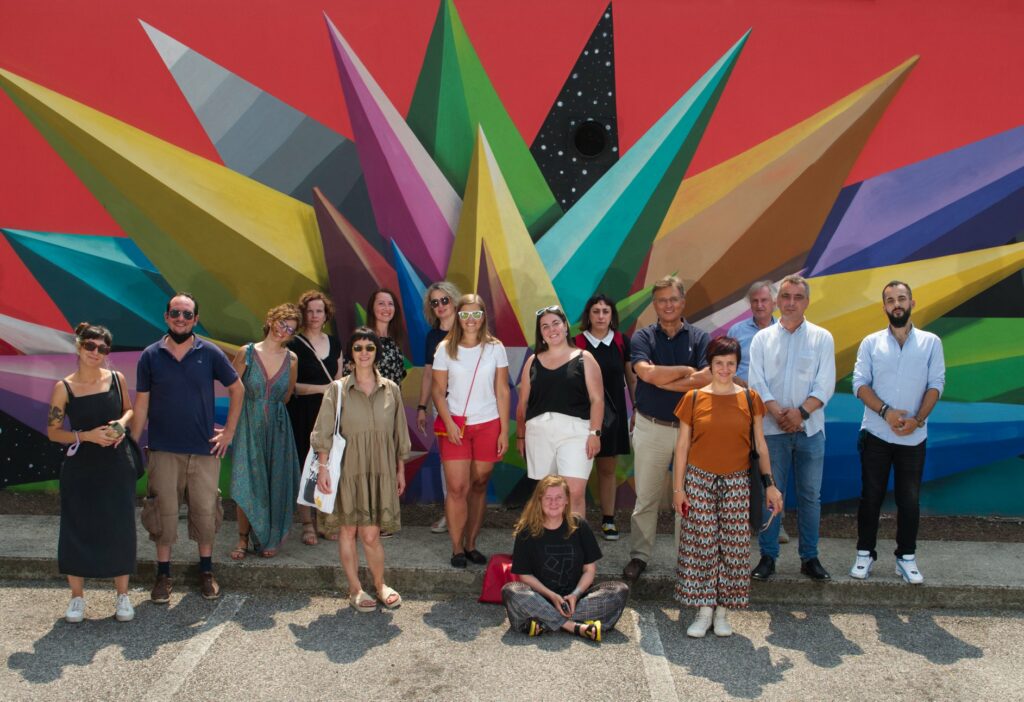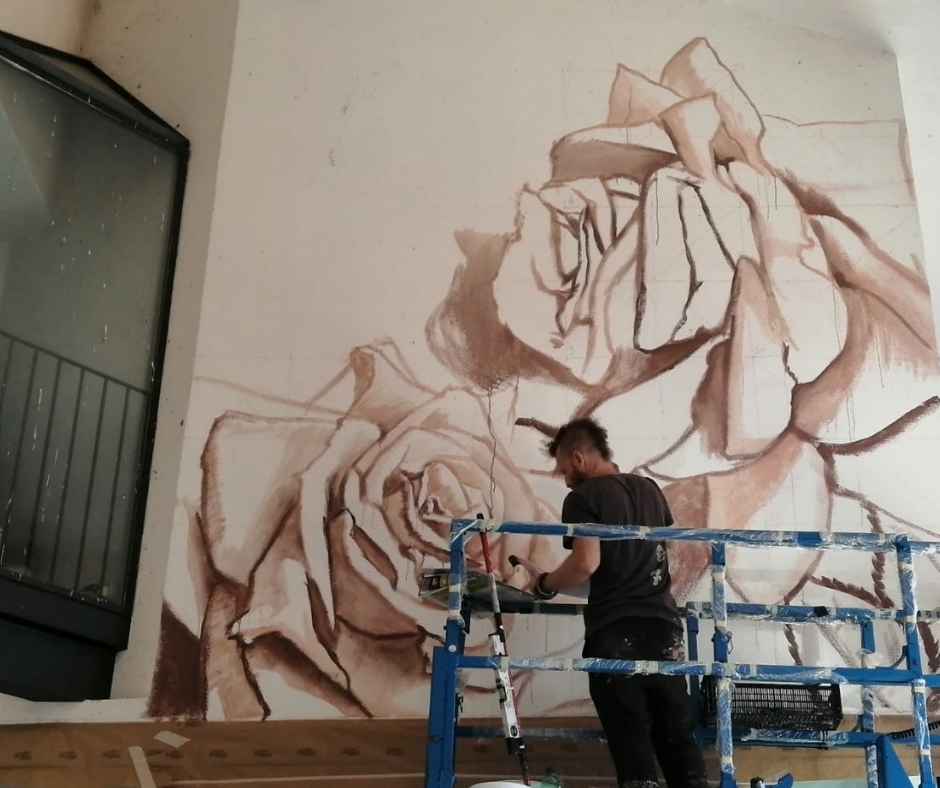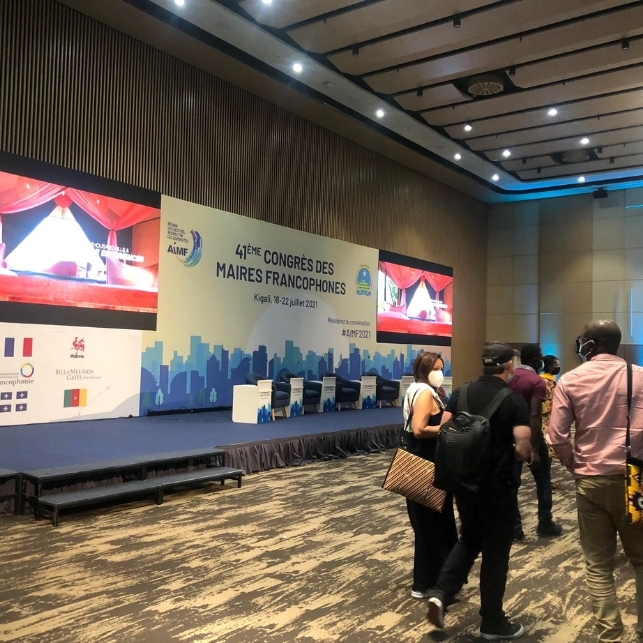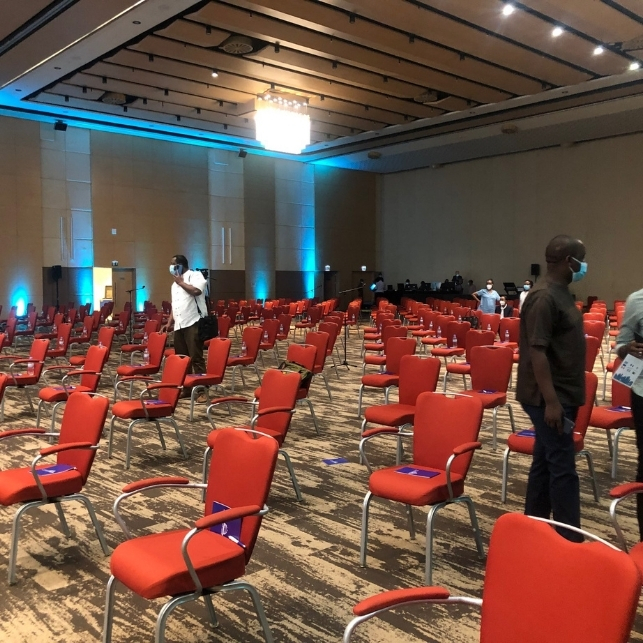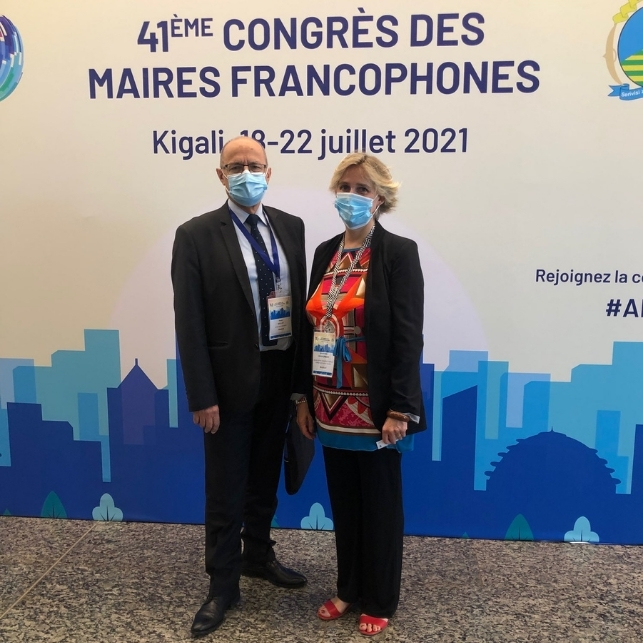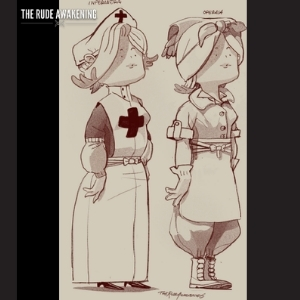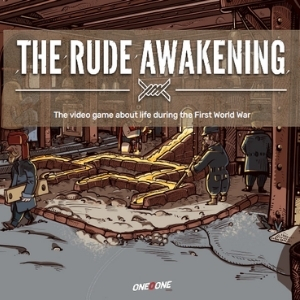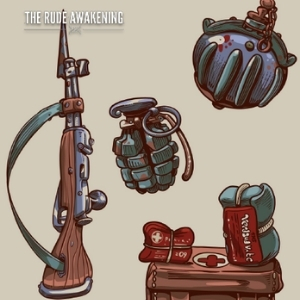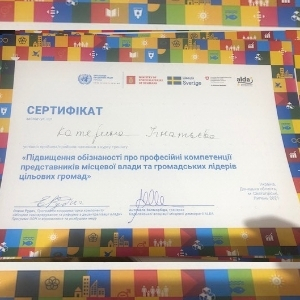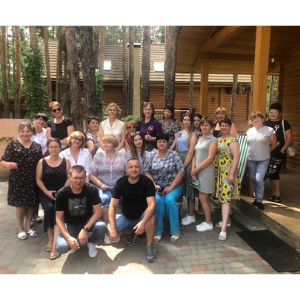“EU Regions Week”: join the debate and save the date for the online workshop “Boosting territorial recovery through innovative citizens’ participation” taking place on the 12th of October from 14:30 to 16:00.
Registrations open on the 30th of August 2021!
The 19th edition of the European Week of Regions and Cities (#EURegionsWeek) – the biggest annual Brussels-based event dedicated to cohesion policy – will take place from the 11th to the 14th of October under the slogan “Together for recovery”. The event, organized by the European Commission’s Directorate-General for Regional and Urban Policy (DG REGIO) and the European Committee of the Regions (CoR), will bring together politicians, decision-makers, experts and practitioners of cohesion policy, as well as stakeholders from business, banking, civil society organisations, academia, the EU institutions and the media to discuss common challenges for Europe’s regions and cities and examine possible solutions.
As same as last year, we are thrilled to announce that the ALDA will have an active role in this unique communication and networking platform, joining as an official partner together with the European Partnership for Democracy with the workshop “Boosting territorial recovery through innovative citizens’ participation” which will take place on the 12th of October 2021 from 14:30 to 16:00.
Building on virtuous good practices the workshop will provide concrete examples of participatory processes
Citizens’ engagement in local governance has been proved to be crucial to pursue multidimensional goals, thus achieving sustainable and long-term results within a recovery process. The workshop will be a space of dialogue about the key role played by participatory processes in addressing people’s needs, boosting sustainable development processes at the territorial level.
Involving citizens, local and regional authorities, civil society organizations and international networks, the session will address the most urgent challenges related to:
- Environment;
- Digitalisation;
- Social inclusion and economy;
reflecting on how participatory approaches can boost the post pandemic relaunch of EU cities.
Building on the rich experience of ALDA and European Partnership for Democracy, the workshop will stimulate an inspiring multi-stakeholder debate to commonly identify the societal needs that represent the main starting point to boost an effective and sustainable recovery-plan. Building on virtuous good practices in the fields of environment, digitalisation, social inclusion and economy, the workshop will provide concrete examples of participatory processes that – through the active involvement of local communities – have contributed to improve local governance.
In the light of the COVID-19 pandemic, and taking into account the restrictions related to health and security (social social security) the #EURegionsWeek 2021 will take place in a digital format.
We invite you to give a look to the EU Regions Week Programme and to register to this and many other events!! The registration process will open on August 30th, 2021 and is completely free of charge, available exclusively through the event website!
***
To know more about DG REGIO please visit the website
Read more about European Committee of the Regions here
More information on EPD at this link
